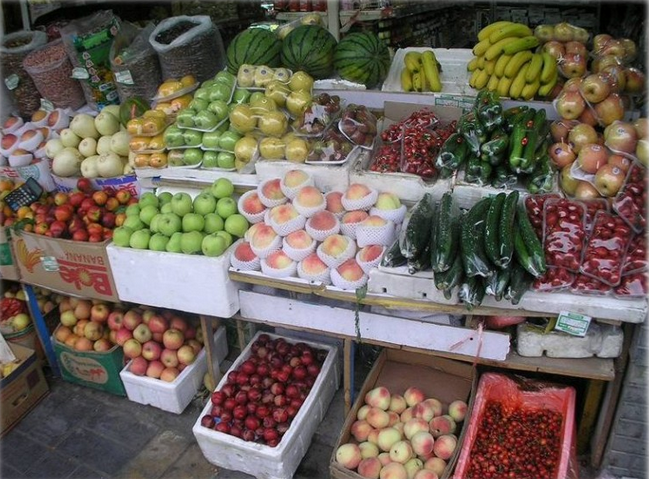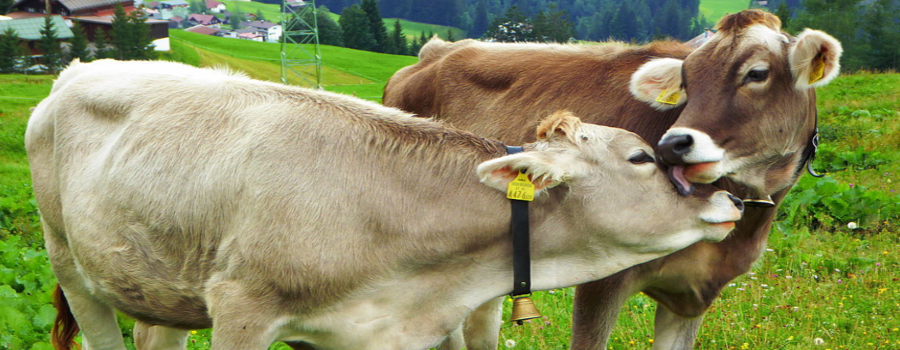Agriculture and husbandry are economical activities with high social value in some places around Europe; they have an important share in the economy of many European regions and the European Union devotes a significant part of its annual budget to farming and the related rural world. In spite of this, farmers usually have lower incomes than other citizens in the same social and cultural conditions.
Since the coming of the Enlightenment Age farming has enjoyed technical improvements that increased farming outcomes. During current century, Internet became a widespread technology and the Internet of Things is getting common. Both farming and husbandry will benefit from the Internet of Things. Is about machine communication and it relies on cloud computing and sensor networks. It is mobile, virtual and required reliable and fast data connections. It allows machines and processes to sense the environment and provides the intelligence needed to allow them to optimise by themselves.
Precision farming may be the first application of Internet of Things in farming. The key is to install sensors to gather data from all the farming processes and to make decisions based on data in an automated way. Soil, plants, livestock, machines, weather can be monitored and actions can be taken to reach exploitation targets in an optimal way, as we reported here.
Although IoT can improve farming activity, we must keep in sight the prices farmers are payed depend on the market. Currently in Europe there is a market deregulation and therefore farmer incomes depend on the market whims. In this scenery, to organise the offer could help farmers to preserve their interests. Could IoT help to organise offer?
Imagine a region where all the farms use the IoT in their everyday activities. They use it to efficiently develop their work and they measure all the important parameters that allow knowing their state and performance. Imagine now that all the farms are connected and share the information gathered by the sensors. Finally, assume the network has intelligence.

Besides the farms information, that artificial intelligence receives information about who and where are the ones that potentially would buy farms products, how much the pay, how is production in other competitor regions, what are the forecasts for market and weather. Putting together all that information, that artificial intelligence would manage the farms by suggesting farmers different operations in order to maximise the delivery price. For instance, the artificial intelligence using available information may conclude that the maximum price for a given product could be reached if certain amount of tons is offered to a defined buyer a precise day. Among all the farms in the network, the artificial intelligence would choose those where the product is in the optimal maturation moment and would inform the farmers about the circumstances so they could proceed with harvesting and transport.
A schema like the one proposed would transform farms into things connected to Internet and smart enough to optimise the farming revenues by themselves. And it would be another technical innovation in the row started centuries ago that would improve farmers live.
- The 28A blackout and the lessons to be learned about the energy transition - 23 May 2025
- We ran out of light - 5 April 2024
- Uncertainties in electricity supply - 15 December 2023
